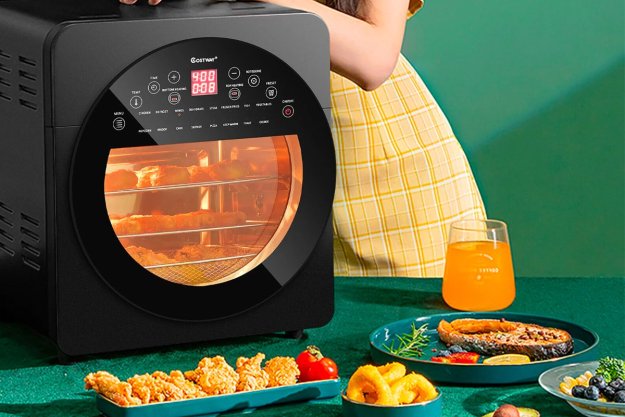You may not be sitting on your couch wondering if there’s any difference between DVRs and NVRs, but if you’re doing any research for a home security system, you may have seen these terms thrown around. They’re related to how surveillance systems record video. While the two methods aren’t that different, the cameras you buy will determine what system style you’ll get.
Let’s go over what each offers, though, and see if there’s a superior technology.
Basic definitions

DVR stands for Digital Video Recording and records video in digital formats. Thanks to old tech like TiVo, you likely have heard this term before. DVRs receive raw video input from analog security cameras (also known as CCTV cameras).
Thanks to the type of cameras being used, DVRs are much less expensive and less complex than their NVR counterparts. Besides the cameras, you’ll also need coaxial cables, power sources for each camera, and the recorder itself.
NVR stands for Network Video Recording, which means the recording requires a network-attached computer system. NVR systems process and encode data at the camera before sending it to the recorder. NVRs utilize IP cameras to capture footage and data. Using these cameras allows NVRs to access license plates and facial recognition features — so you can get more detail.
For NVR systems, you’ll need the IP cameras, ethernet cables (if the cameras aren’t wireless), and a higher-capacity storage recorder. Thanks to NVR being connected to the internet, they can take advantage of the cloud, which expands their options beyond local storage solutions.
Which is better NVR or DVR?
At this point, you might be asking which is better or trying to determine which has more pros than cons. It’s not that simple. Both systems record video footage to a hard drive, which is ultimately what anyone wants. They differentiate most in design and implementation, and that implementation is what will help you decide which one you’ll need.
The essential benefits of using a DVR include lower cost, better signal stability, and less bandwidth usage. These benefits make buying a DVR solution much more attractive. You get to save money and don’t have to worry about your signal cutting out.
NVR benefits from better image quality and system flexibility, and generally, they are easier to install. So while you’ll be investing more money into these recording systems, you’ll at least have a better resolution of what you’re looking at and more features for the system.
Of course, no one wants to spend more money if they have basic needs, but that’s par for the course for convenience. Also, IP cameras using ethernet cords or Wi-Fi over coaxial cables tend to have less range than their DVR brethren.
What are the disadvantages of DVR?
You don’t get audio input with most DVR setups, and (unless you want to spring for a costly system and buy extra components) they don’t connect to the internet for remote viewing. You will also need to make sure you have a power source near each camera, which means two cables are coming from each camera – one to power and the other to the recorder.
Can NVR work without Internet?
Speaking of ethernet, you can use NVR without connecting the system to an internet connection, but you’ll be losing features such as remote viewing. The recorder will still store video content, but you’ll have to watch at the local site, which may defeat the purpose of the NVR entirely.
Should you buy DVR or NVR?
The system to start with depends on varying factors. You’ll need to consider any existing wiring you have and be ready to replace it if necessary. If budget is an issue, you’ll probably opt for a DVR solution. Finally, think about who and when the system will need to be accessed for viewing.
NVR systems may be the more optimal choice for starting a completely new setup. They are easier to set up and manage, are more future-proof, and provide more advanced features. If you have a business or company, NVRs will also have more options for more people who need hands-on access to the system.
If you are looking for a reliable system that’s less expensive and doesn’t come with frills, a DVR setup will be the system to choose.
Editors' Recommendations
- Google Nest Doorbell vs. Ring Video Doorbell (2nd Gen): which is better for your front door?
- Ecovacs Deebot X2 Combo vs. Dreame X40 Ultra: Which robot vacuum is best for your smart home?
- Best coffee maker deals: Cuisinart, Ninja, Mr. Coffee starting at $20
- Best Amazon Echo deals: Save on Pop, Show, Dot, and Studio
- Best Instant Pot deals: Pressure cookers, air fryers and grills on sale




